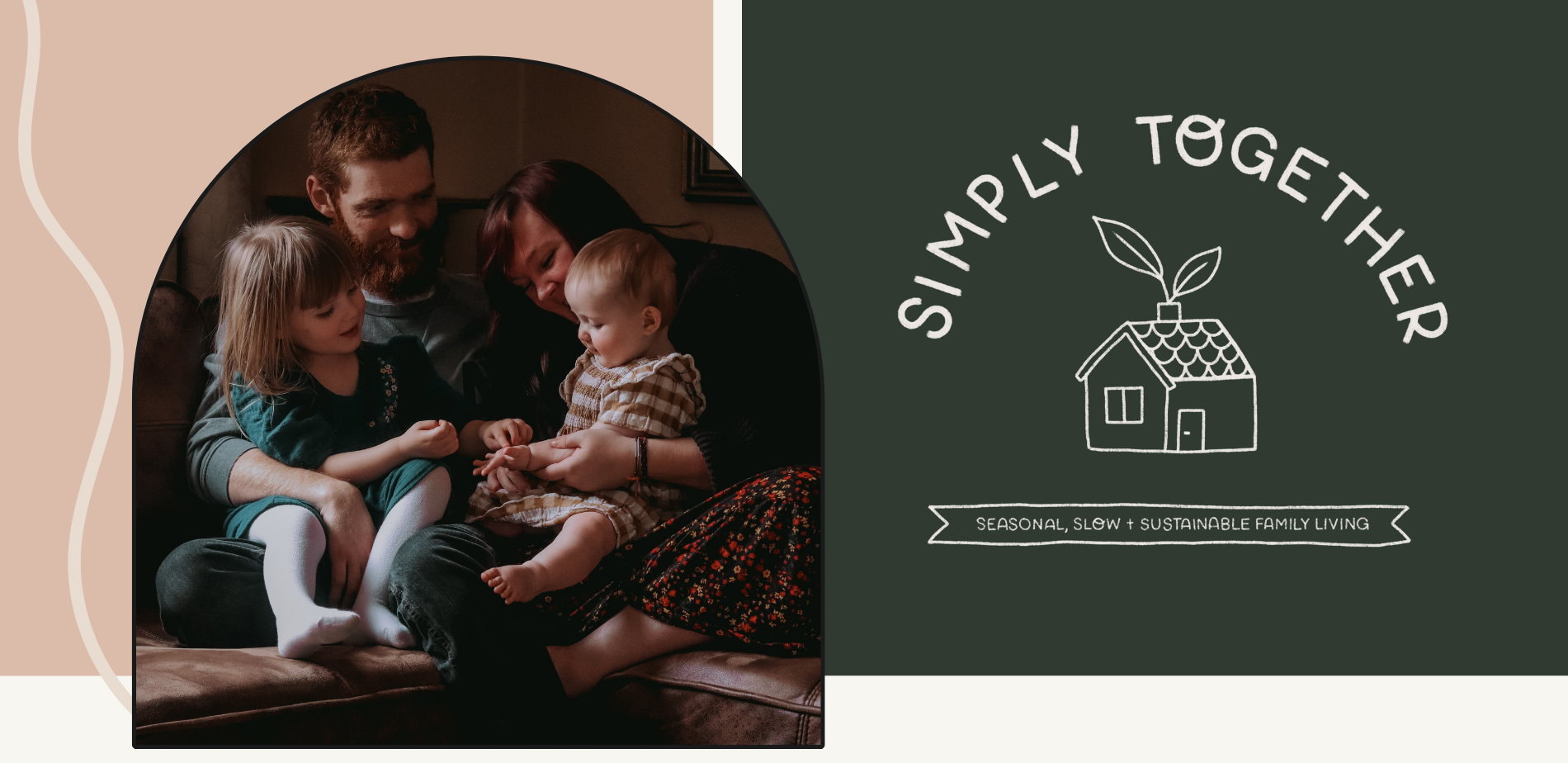It’s no secret nowadays that plastic is not the greatest of materials for the environment, especially when it comes to single use plastics – plastics that have one purpose and are then thrown away once that purpose has been achieved. You’ll see that many companies are now starting to make big strides to reduce their use of plastics and are encouraging their customers to make the change, too, but despite making changes, the realist is there’s still a very long way to go. If we, the consumers, vote with our pound we can help push big companies in a more sustainable direction.
Your weekly shop can be one of the worst culprits for using a lot of unnecessary single use plastic. From food packaging to the very bags you pack your groceries in. Luckily, it can also be one of the easiest times to avoid single use plastic, with just a few small changes.
Reusable Bags
Before leaving our house we make sure our bags are in the car. A while back we bought a bulk order of tote bags. These are perfect for packing food in, but we also use mesh bags for fruit and veg. If it’s not possible to get hold of these types of bag, or using a backpack, then simply reusing any old plastic bags from previous grocery shops that are in your home is a much more sustainable form of packing your groceries. Although ultimately these bags will wear down and have to be thrown away.
Shop at Farmers Markets
We get the vast majority of our fruit and veg from the market, as opposed to the supermarket. Not only does this help us cut down on plastic packaging – The fact cucumbers are individually wrapped in plastic still boggles my mind – but often the food is a lot fresher, and cheaper. We always make sure we’ve got our appropriate bags for packing the fruit, and politely decline the plastic bags grocers often use. Not forgetting, visiting local businesses who can provide more ethical and zero waste options means we’re supporting small businesses, and personally I’d rather invest in those.
Visit a Zero Waste Store
We’re lucky enough that a zero waste store has recently opened in our area. We can use this store for a lot of products that typically come packaged in plastic. From pasta, to rice, dried legumes, spices, and even some cereals. There’s also the option to refill old containers with cleaning products, shampoos and other sanitary items. We take along our old jars and containers. Not only that, we also keep and take along any old plastic containers making it a more sustainable option than just throwing them away. Also, It changes them from single use to be much longer lasting.
Get Making!
We have begun to dip our toes into making our own foods. Especially those items that are typically unavailable without plastic packaging. Biscuits and cookies are our current speciality. There are thousands of recipes on the internet for free, for any type of treat you like, and, as before, making your own in bulk works out to not only cut plastic waste but is also considerably cheaper than buying from a shop.
However, visiting a zero waste shop or market may not be an option. If this is the case, remember that reducing your plastic usage is always better than keeping it the same. Even if you’re not yet in a position to fully cut out all plastics (something that very few people are able to do).
If visiting a market isn’t an option, there are plenty of unpackaged vegetables and fruit in supermarkets. Choosing those over plastic packaged ones is always a better option. Not only for the environment, but also for lessening the demand for plastic packaged food. Maybe if we stop buying them, the supermarkets will stop stocking them.
Similarly, if a zero waste shop isn’t viable, the best option is to buy products in bulk, e.g. pasta. Not only is this an overall cheaper option (in general, the higher the quantity of something you buy, the cheaper per gram it becomes), but it’ll also mean that overall you buy less packaging. A 2kg bag of fusilli will have less plastic than buying eight 500g bags.
Ultimately, the more we can reduce our plastic usage, the better. Nobody’s perfect, and we still purchase products that are wrapped in plastic. Although we do attempt to keep these items to the bare minimum. The key word is reduction, which is something we can all do. Sometimes it’s a little more inconvenient for us to take the minimal waste option. But ultimately it’s our planet, and our children who inherit it from us, who are going to reap the benefits. If that’s not something worth putting the effort in for, I don’t know what is.
A massive thank you to Nia for writing such an amazing post. For more on sustainability, Homeschooling, vegan food and play Ideas head over to her Instagram!






